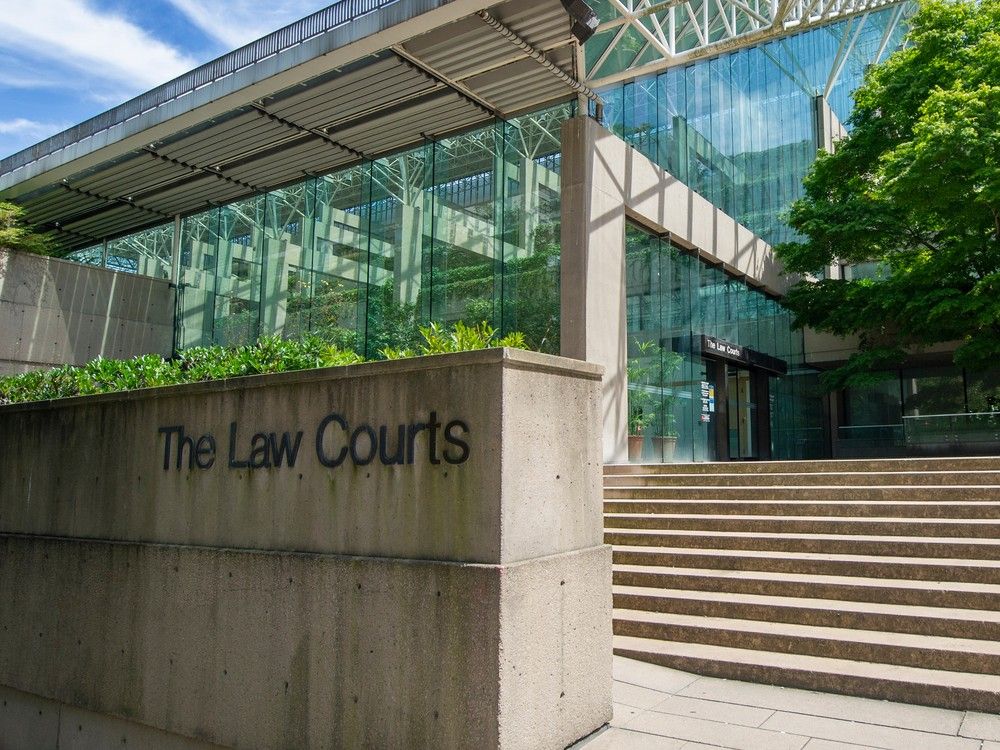
A man who tried to steal a fast food franchise owned by his two brothers was excoriated by a B.C. Supreme Court judge, who called him “dishonest, entitled, ungrateful and jealous.”
Norman and Bradley Phaneuf sued their brother , Vern Phaneuf, for claiming 50 per cent ownership of A&W restaurants they operated in Maple Ridge and for trying to cut them out of any profits from the restaurants — all because of a paperwork error.
“The consequence of this error, if allowed to stand, is that Vern … would be entitled to receive 100 per cent of the profit which was created by Norman’s and Bradley’s successful entrepreneurial efforts,” the judge wrote in a decision made on Thursday.
The case stems from a holding company the brothers created for several new franchise locations they were planning to open in 2010 thanks to an expansion opportunity offered by A&W.
All four brothers were shareholders in the holding company. Norman and Bradley, who ran the restaurants, owned 80 per cent. They offered 10 per cent each to Vern and Terry (now deceased), in non-voting class B shares, as gifts. Vern had done accounting work for the family’s previous franchises and Terry had provided loans.
When the ownership documents were being amended, Norman and Bradley’s shares were mistakenly listed as “non-participating,” which means they are not entitled to profits from the restaurants, while Terry and Vern’s shares were “participating,” giving them access to dividends and sale proceeds, despite only making up 20 per cent of shares.
Vern, a certified public accountant with a Bachelor’s degree who works as an investment banker, drew up the paperwork. Norman and Bradley, neither of which had a post-secondary education, told the judge they did not understand or know what the terms “participating” or “non-participating” meant.
As a result of the error, which was only discovered in 2020, Vern claimed that he and Terry owned 50 per cent each of the holding company that controlled the franchises as part of a “de facto shareholders’ agreement” that would see Norman and Bradley’s shares redistributed.
The judge rejected the claim as “irrational and nonsensical.”
“It defies all logic and credulity to believe that Norman and Bradley would invest heavily and work tirelessly in businesses they had no ownership interest in,” Basran wrote, calling Vern’s claim “irrational, self-interested, and a seeming product of his imagination.”
“Vern fabricated this entire ‘de facto shareholders’ agreement’ narrative to try to take advantage of the mistake in the articles of the companies that describes the class A shares as “non-participating”, in an attempt to benefit himself,” Basran wrote.
Basran praised the evidence from Norman and Bradley as “logical, forthright, straightforward, consistent, and coherent.”
The judge had far harsher comments for Vern’s testimony, noting that he “lied repeatedly and unrelentingly,” and that “virtually every element of his evidence lacked truth, clarity, and logic.”
The judge pointed out that despite claiming he always knew how the shares were structured, Vern originally denied that he created the shareholder documents.
Vern also claimed that his brothers lured him to B.C. from a partnership in a Saskatchewan accounting firm, with an offer of 25 per cent ownership of one of the franchises.
The judge pointed out that in reality, Vern received a 50 per cent interest in the franchise and that he had never been a partner in the accounting firm.
“This evidence cannot be reconciled because it is a fiction unsupported by any documents or logic,” the judge wrote.